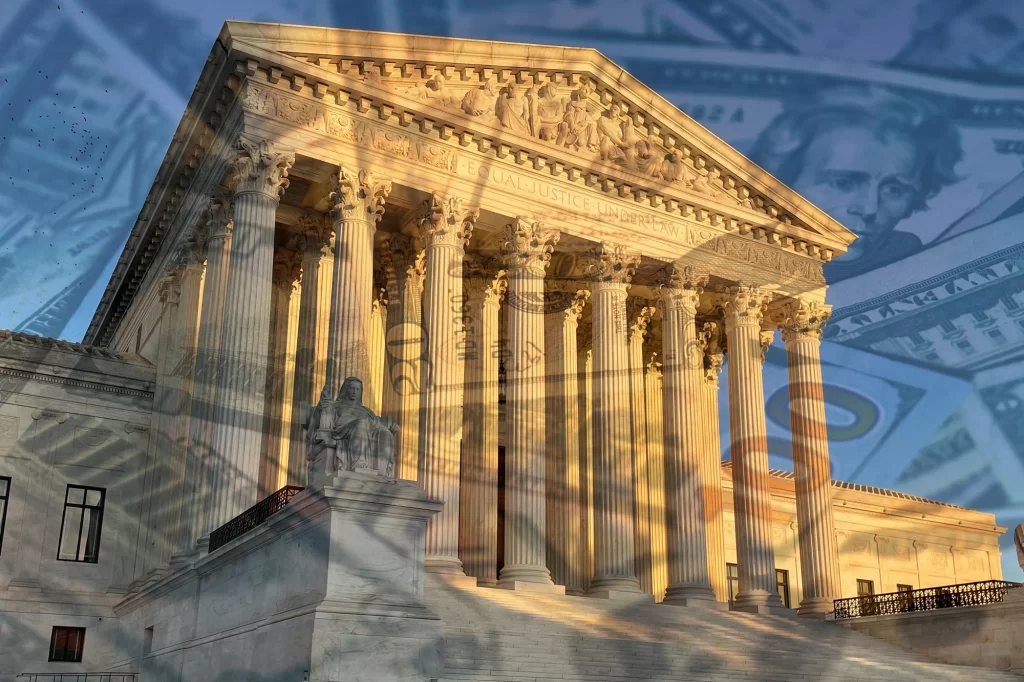
The president will still have some options if his student loan forgiveness plan is struck down.
Save the biggest for last? That’s what the U.S. Supreme Court appears to be doing.
The nation’s highest court has already announced several decisions in recent weeks. However, the outcomes of several of the most important cases have yet to be revealed.
One that millions of Americans anxiously await is the court’s ruling on challenges to President Joe Biden’s student loan forgiveness plan. But can Biden still cancel student loan debt if the Supreme Court overturns loan forgiveness?
What the president can’t do
It’s first important to understand what the president can’t do if the U.S. Supreme Court strikes down his student loan forgiveness plan. For example, he won’t be able to simply extend the pause on repayments of student loans once again.
President Biden has taken that step multiple times in the past. However, the agreement to raise the debt ceiling specifically included language that prohibits such a unilateral action going forward.
The president’s student loan forgiveness plan relies on the Higher Education Relief Opportunities for Students Act (HEROES Act) to justify forgiving student loans. This act gives the U.S. Secretary of Education the authority to modify the terms of student loans or even waive the loans during a national emergency. If the Supreme Court strikes down Biden’s plan, he won’t be able to use the HEROES Act as the basis for any alternative method of forgiving student loans.
Another angle?
One potential alternative for Biden to forgive student loans is to use a different legal basis for the plan. Some argue that the president could use the Higher Education Act of 1965.
That 1965 law allows the Secretary of Education to “compromise, waive, or release any right, title, claim, lien, or demand, however acquired, including any equity or any right of redemption.” At first glance, this language seems to give the White House the power to forgive student loans.
However, others maintain that the context of the legislation limits the executive branch. The Biden administration could have chosen to base the original student loan forgiveness plan on the 1965 act but didn’t. Moving forward with a new strategy relying on the Higher Education Act of 1965 is “viewed as a long shot within the administration,” according to The Washington Post.
The most likely path forward
There is one path forward to forgiving student loans that seems to be the most likely one for Biden to take. He could try to push for Congress to pass new legislation that authorizes the forgiveness of at least some student debt.
Granted, the chances of success of passing such a bill appear to be slim to none right now. Many in the GOP, which has a majority in the U.S. House of Representatives, oppose forgiving student loans.
But Biden will almost certainly make the student loan issue a central part of his presidential reelection campaign if the Supreme Court overturns his plan. The issue could also be a key factor in some congressional races. It’s possible that the president could win support for a student loan plan in a second term depending on the makeup of the next Congress.
Be prepared
All of this will be a moot point if the Supreme Court upholds Biden’s student loan plan. We’ll know the high court’s ruling soon.
Americans with student debt might want to adhere to the old advice of hoping for the best but preparing for the worst. There are several steps that can be taken to prepare for a resumption of student loan payments.